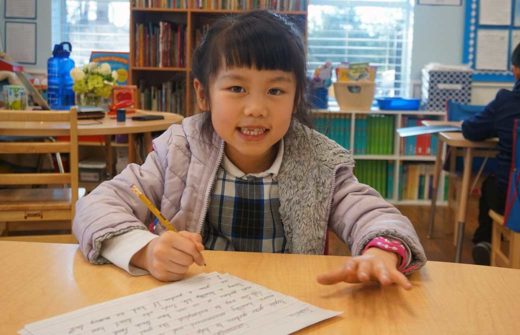October 1, 2019
It is no secret that test scores and grades play a big role in academic admissions, but it is important to remember that private schools take a holistic approach when it comes to admissions. We break down what is widely considered the 5 most important elements private school Admissions Committees look for in a student applicant.
Academic Performance and Intellect
As previously mentioned, committee members, of course, look at a student’s grades and test scores as a benchmark. However, they also look to evaluate a student’s academic potential by reviewing written essays and teacher recommendations. All of these components combined allow the committee to determine the student’s academic strengths and areas that could use some improvement. It is important for private school admissions to identify areas where a student could use some extra assistance, because the school can then tailor the learning experience in a way that will help the student achieve his or her highest potential.
For younger students, test scores are still important, but teacher recommendations are equally important. Admission Committees want to know what a student is like inside the classroom. Is he/she well behaved? Is he/she attentive? Is he/she engaged in the activity and showing eagerness to learn? This is all information that can be collected in a teacher recommendation or by observing the child first-hand in a classroom environment.
It is important to note, that for both younger and older student applicants, Admission Committees want to see a willingness and even desire to learn. The test scores are important, but a private school wants to see that a student is excited to learn and willing to put in the effort needed to perform well.
Extracurricular Involvement
Private schools want well-rounded students who are interested in activities outside of the classroom. This includes music lessons, sports, drama classes and everything in between.
However, as a parent of a younger child, be wary of signing up your child for too many activities. You want your child to explore a range of involvement and determine what interests him or her, without overwhelming him/her. Plus, some private schools have reservations about students who appear to be “over-involved” in activities, due to the concern that it might interfere with the student’s ability to handle the rigors of private school.
Character and Independence
The Admission Committees look for students who are going to be a positive member of their community and an excellent ambassador of the school. For older students, this means being more independent and a leader inside and outside of the classroom.
For younger students, this is more behavioral based. Admission Committees look for students who are well behaved in and out of the classroom. Committee members want to ensure that prospective students will be respectful of teachers and classmates, and often times, committee members gauge this by observing how the child interacts with their parents. In addition to good behavior, they also want to see signs of independence in younger children. Does the student show his or her own desire to improve and grow? Does the student require constant prompting from parents, or does he or she initiate the completion of school work?
The Right Fit for The School
Admission Committees are looking for students who are the right fit for their school. They want students whose values align with the school’s mission statement and will excel both academically and socially. During the application process, the committee is looking not only to see if the student has the aptitude needed to succeed, but also the right behavior and interests to fit into the school’s culture.
Although Admission Committee members are tasked with finding students who are best fit for their school, as a parent, you are tasked with finding the right school for your student. Just because a school has great reviews or outstanding accolades does not mean it is necessarily the right school for your child. Be sure to do the research on the school’s values and mission statement to ensure they align with you and your child’s.
A Supportive Family
In addition to the previously mentioned 4 elements, private schools want to see a supportive family around the applicant. They want to know that the student is well supported, but also that they can count on the parents to be an active member of its community.
Again, it is important to remember that more than just grades and test scores make up a successful student. Encourage your child to be involved and practice good behavior and leadership skills. These are all qualities that the top private schools look for in their student applicants.






